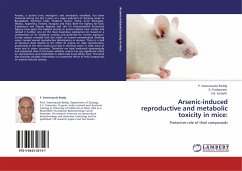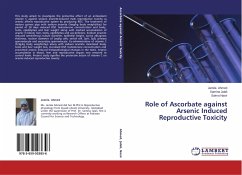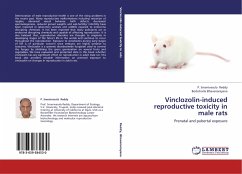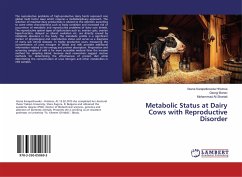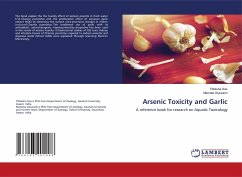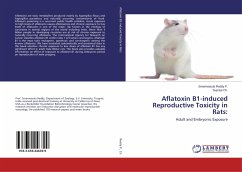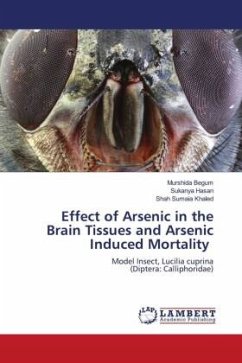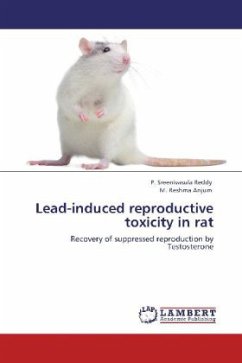Arsenic, a potent toxic mutagenic and xenobiotic metalloid, has been detected during the last 5 years as a major pollutant of drinking water in Bangladesh, Northern Chile, Thailand, Taiwan, China, Inner Mongolia, Mexico, Argentina, Finland, Hungary and India. Both the Agency for Toxic Substances and Disease Registry and the US Environmental Protection Agency have given the highest priority to arsenic-related toxic studies and ranked it number one on the most hazardous substances list, based on a combination of its incidence, toxicity and potential for human exposure. Survey reports revealed that the intake of arsenic-contaminated drinking water caused several reproductive disturbances in women. There is a lack of literature data related to the effect of arsenic on male reproduction, particularly at the dose levels occurring in drinking water in wide areas of India and in other countries. Therefore we have evaluated systematically and presented data in this book whether arsenic has any significant effect on reproduction and metabolism in adult male Swiss albino mice. This book also provides valuable information on protective effect of thiol compounds on arsenic-induced toxicity.
Bitte wählen Sie Ihr Anliegen aus.
Rechnungen
Retourenschein anfordern
Bestellstatus
Storno

